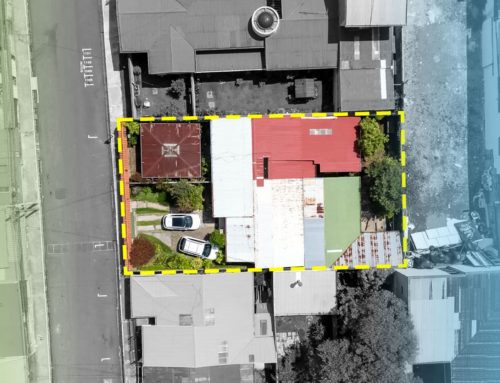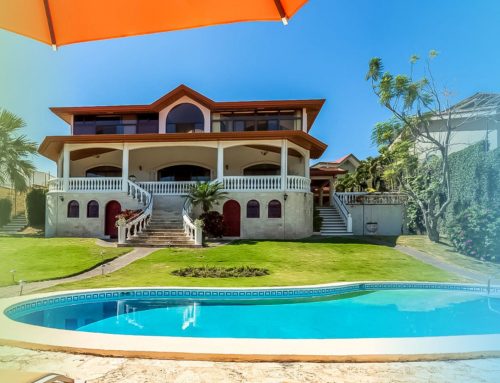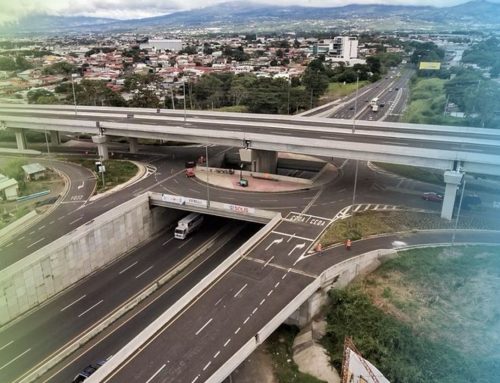Costa Rica is a world leader in the production of electric energy from non-contaminating sources. According to the 2021 International Competitiveness Index (ICI), the country generated 99.2% of its electricity from alternative sources to fossil combustion in 2020, surpassing nations such as Switzerland, Norway, Sweden, and France.
This reality has a direct impact on the types of electricity available for the commercial and industrial sectors of the country.
Types of electricity in Costa Rica
Configurations and elements of different types of electricity in Costa Rica
Sustainable production in Costa Rica
In line with its sustainability focus, Costa Rica has maintained, for seven consecutive years, electricity production from clean sources exceeding 98%. Additionally, the country has implemented strategies, such as the progressive elimination of the use of oil derivatives in the electrical matrix, demonstrating a commitment to decarbonization and environmental conservation.
Hydropower leads the Costa Rican energy matrix with 71.95%, followed by geothermal (14.90%) and wind (12.39%). Biomass and solar energy contribute 0.54%.
Electric Services for Properties
The CNFL (Compañía Nacional de Fuerza y Luz) provides electrical services for properties, including both single-phase and three-phase connections with voltages ranging from 120/240v, 120/208v, 240/480v, to 277/480v. The connection type and voltage is set in consultation with electrical engineers hired for the project.
Requirements for Electrical Services:
- Individual (Natural Person):
- National ID for nationals.
- Documents proving residency for foreigners.
- Legal Entity:
- Original recent legal status document.
- ID card of the legal representative.
- Documents proving residency for foreign legal representatives.
Additionally, the documentation must be current and meet the requirements established by the CNFL.
It is important to consider that the choice of the appropriate type of electricity for a business or industry depends on various factors, such as the required power, the type of machinery and equipment used, and local norms and regulations. In addition to the mentioned types of electricity, Costa Rica is also promoting the development of distributed generation and microgrids, allowing consumers to generate and consume their own energy.
If you are interested in investing in the country, Costa Rica offers a variety of electricity options for the commercial and industrial sectors, with a strong focus on sustainability and energy efficiency.









